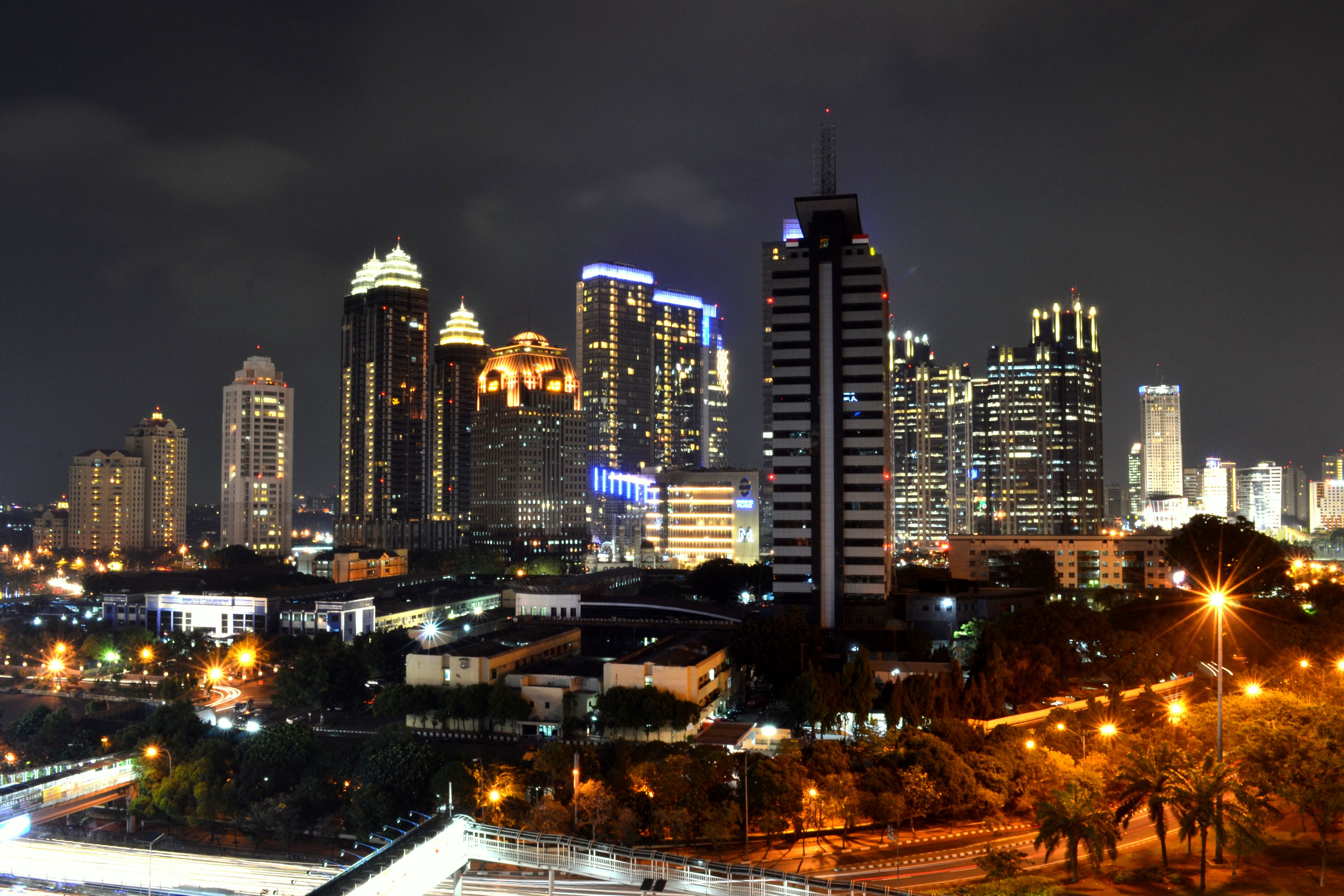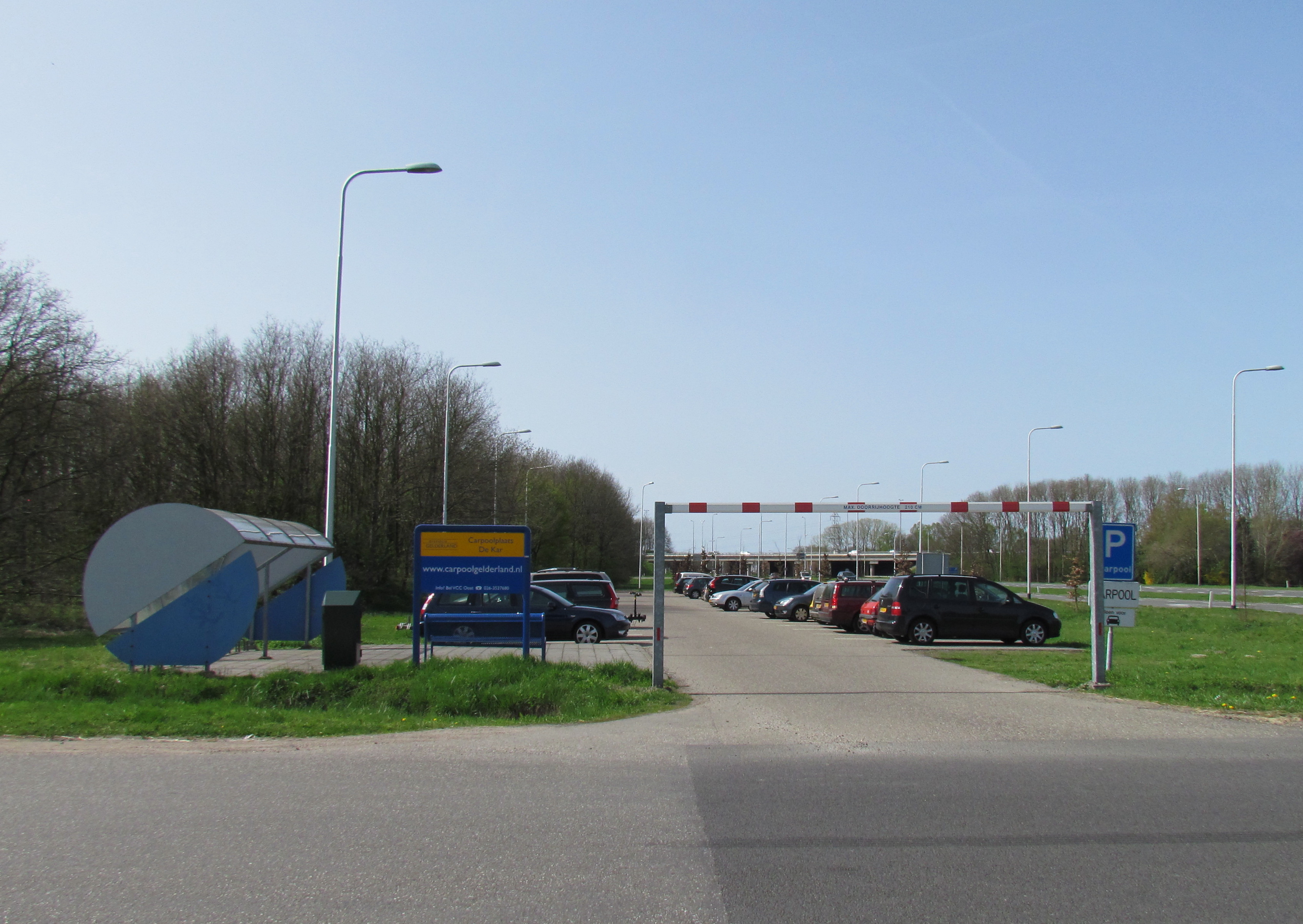|
Car Jockey
A car jockey, also known as traffic jockey and known in Indonesian as ''joki three-in-one'' (referring to the "three in one" rule, the term used for high-occupancy vehicle rule), was someone in Indonesia who had resorted to informal employment to bypass the gridlock that grips Indonesia's largest cities, especially Greater Jakarta. They were paid by drivers to ride on vehicles, so that those vehicles would be qualified to use high-occupancy vehicle lane. Like atappers and ojeks, it was one method Indonesians have become accustomed to in their daily commuting struggle. How it works A car jockey solicits by the side of the road a random commuter who does not have enough passengers to legally use a carpool lane. The jockey offers to go along with the commuter for a fixed price. This was a way to bypass carpool Carpooling (also car-sharing, ride-sharing and lift-sharing) is the sharing of car journeys so that more than one person travels in a car, and prevents the need for o ... [...More Info...] [...Related Items...] OR: [Wikipedia] [Google] [Baidu] |
High-occupancy Vehicle Lane
A high-occupancy vehicle lane (also known as an HOV lane, carpool lane, diamond lane, 2+ lane, and transit lane or T2 or T3 lanes) is a restricted traffic lane reserved for the exclusive use of vehicles with a driver and one or more passengers, including carpools, vanpools, and transit buses. These restrictions may be only imposed during peak travel times or may apply at all times. According to the criteria used there are different types of lanes: temporary or permanent with concrete barriers; two-directional or reversible; and exclusive, concurrent or contraflow lanes working in peak periods. The normal minimum occupancy level is 2 or 3 occupants. Many jurisdictions exempt other vehicles, including motorcycles, charter buses, emergency and law enforcement vehicles, low-emission and other green vehicles, and/or single-occupancy vehicles paying a toll. HOV lanes are normally introduced to increase average vehicle occupancy and persons traveling with the goal of reducing traffi ... [...More Info...] [...Related Items...] OR: [Wikipedia] [Google] [Baidu] |
Greater Jakarta
The Jakarta metropolitan area or Greater Jakarta, known locally as Jabodetabek (an acronym of Jakarta–Bogor– Depok–Tangerang– Bekasi), and sometimes extended to Jabodetabekjur (with the acronym extended to include part of Cianjur Regency), or Jabodetabekpunjur (further extended to include Puncak and the Cipanas district), is the most populous metropolitan area in Indonesia. It includes the national capital (Jakarta Special Capital Region, as the core city) as well as five satellite cities and three complete regencies. The original term "Jabotabek" dated from the late 1970s and was revised to "Jabodetabek" in 1999 when "De" (for "Depok") was inserted into the name following its formation. The term "Jabodetabekjur" or "Jabodetabekpunjur" was legalised on the Presidential Regulation Number 54 of 2008, although the name Jabodetabek is more commonly used. The area comprises Jakarta Special Capital Region and parts of West Java and Banten provinces, specifically the three r ... [...More Info...] [...Related Items...] OR: [Wikipedia] [Google] [Baidu] |
Atapper
Train surfing (also known as train hopping or train hitching) is the act of riding on the outside of a moving train, tram or another rail transport. In a number of countries, the term train hopping is used synonymously with freight hopping, which means riding on the outside of a freight train, while train surfing can be practiced on any type of train. This type of travelling can be dangerous and even life-threatening, because there is a risk of death or serious injury from falling off a moving train, electrocution from power supply (overhead catenary wire, current collectors, resistors, etc.), colliding with railway infrastructure (bridges, tunnels, platforms, railway signals or other trains) while riding outside off structure gauge on the side or on the roof of a train, or unsuccessful attempts to jump on a moving train or off it. Today, the practice is forbidden by statutes on many railroads in the world. Despite this, it is still practiced, especially on those railroads wher ... [...More Info...] [...Related Items...] OR: [Wikipedia] [Google] [Baidu] |
Motorcycle Taxi
A motorcycle taxi, or cart bike or bike taxi, is a licensed form of transport in some countries. The taxi typically carries one passenger, who "rides pillion" behind the motorcycle operator. Multiple passengers are common in some countries. Brazil According to some sources, motorcycle taxi service in Brazil began in 1994, in Crateús, in the state of Ceará, when an employee of the Bank of Brazil Other sources state that it started in Bauru, São Paulo, in 1996, when an unemployed biker hung a banner across the road to the city, reading "help a biker racing to 1.00 real." Today, almost all Brazilian cities have motorcycle taxi services. Recently, they have appeared in poorer and less urban areas, where young people increasingly support themselves by driving them. Typically, the fare is a flat fee, regardless of the distance traveled. However, the charge may vary according to the time of day or day of the week, or increase for distances that are greater than usual. Licensing requ ... [...More Info...] [...Related Items...] OR: [Wikipedia] [Google] [Baidu] |
Carpool
Carpooling (also car-sharing, ride-sharing and lift-sharing) is the sharing of car journeys so that more than one person travels in a car, and prevents the need for others to have to drive to a location themselves. By having more people using one vehicle, carpooling reduces each person's travel costs such as: fuel costs, tolls, and the stress of driving. Carpooling is also a more environmentally friendly and sustainable way to travel as sharing journeys reduces air pollution, carbon emissions, traffic congestion on the roads, and the need for parking spaces. Authorities often encourage carpooling, especially during periods of high pollution or high fuel prices. Car sharing is a good way to use up the full seating capacity of a car, which would otherwise remain unused if it were just the driver using the car. In 2009, carpooling represented 43.5% of all trips in the United States and 10% of commute trips. The majority of carpool commutes (over 60%) are "fam-pools" with fam ... [...More Info...] [...Related Items...] OR: [Wikipedia] [Google] [Baidu] |
The Guardian
''The Guardian'' is a British daily newspaper A newspaper is a periodical publication containing written information about current events and is often typed in black ink with a white or gray background. Newspapers can cover a wide variety of fields such as politics, business, sport .... It was founded in 1821 as ''The Manchester Guardian'', and changed its name in 1959. Along with its sister papers ''The Observer'' and ''The Guardian Weekly'', ''The Guardian'' is part of the Guardian Media Group, owned by the Scott Trust Limited, Scott Trust. The trust was created in 1936 to "secure the financial and editorial independence of ''The Guardian'' in perpetuity and to safeguard the journalistic freedom and liberal values of ''The Guardian'' free from commercial or political interference". The trust was converted into a limited company in 2008, with a constitution written so as to maintain for ''The Guardian'' the same protections as were built into the structure of the ... [...More Info...] [...Related Items...] OR: [Wikipedia] [Google] [Baidu] |
Odd–even Rationing
Odd–even rationing is a method of rationing in which access to some resource is restricted to some of the population on any given day. In a common example, drivers of private vehicles may be allowed to drive, park, or purchase gasoline on alternating days, according to whether the last digit in their license plate is even or odd. Similarly, during a drought, houses can be restricted from using water outdoors according to the parity of the house number. Typically a day is "odd" or "even" depending on the day of the month. An issue with this approach is that two "odd" days in a row occur whenever a month ends on an odd-numbered day. Sometimes odd or even may be based on day of the week, with Sundays excluded or included for everyone. Effectiveness The efficacy of odd–even rationing is debated. For gasoline, it does not actually reduce consumption much, since people prevented from filling up one day will just fill up the day before or the day after; the total number of peop ... [...More Info...] [...Related Items...] OR: [Wikipedia] [Google] [Baidu] |





